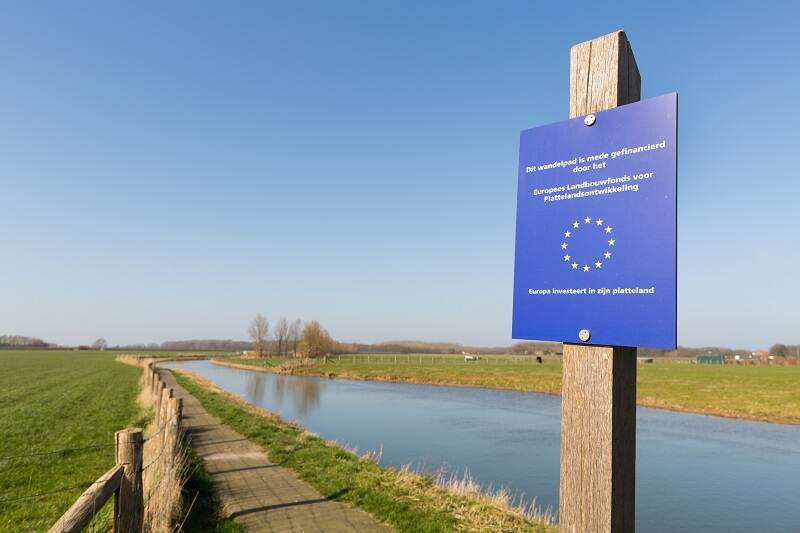EU grants make a difference, but do not necessarily meet the greatest challenges
More than €7 billion spent in 7 years: recipients satisfied
The Netherlands spent more than €7.4 billion in EU grants in 2014-2020. The European Commission and 4 Dutch ministries are together responsible for the use of this money. But current working methods mean neither Brussels nor The Hague knows whether the money is spent optimally to overcome the most urgent national problems. Improvements are possible.

Dutch recipients are satisfied with their EU grants. A large majority of the nearly 1,300 grant-funded enterprises and organisations that completed a survey held by the Netherlands Court of Audit had no doubt that an EU grant had made a difference for their projects. However, there is no substantive understanding at national level of how the budgets provided from EU funds should be allocated across measures and/or regions. Management of how the money should be spent to generate the most added value is also inadequate. With the exception of €0.5 billion in grants from the European Social Fund (ESF), the Dutch government has little insight into the results of EU grants. The Court of Audit comes to this conclusion in its audit, The Added Value of EU Grants in the Netherlands.
Do EU grants maximise added value?
Ministers (and in some cases provinces and municipalities) allocate the budgets released from EU funds to national programmes. The programmes cover a wide range of areas, from agriculture, fisheries, rural development and nature management to regional economies, labour market participation, the prevention of social exclusion, the reception of asylum seekers, the repatriation of aliens and cooperation among police services. Problem analyses and substantive reasons for the allocation are often absent. It is therefore not known whether EU money generates the maximum added value. The criteria applied to allocate grants are sometimes simply copied from one programming period to the next. More insight into outputs and outcomes would increase the added value of EU grants in successive programming periods. At present, the focus is mainly on checking that the available money is actually spent. There is less concern for the timely evaluation of grant-funded outcomes. The ESF programme is a favourable exception. It addresses the most pressing problems in the Dutch labour market and has more insight into the outcomes of its measures. This approach should be adopted by other programmes, according to the Court of Audit.
Obstacles in the grant process
Interviews and surveys held among both grant recipients and rejected applicants found that EU grants made a positive contribution to grant-funded projects. 9 out of 10 respondents said their projects were started earlier, on a wider scale or were of higher quality thanks to EU grant funding. Half of the unsuccessful grant applicants did not go ahead with their projects and a third changed the project content.
More than two-thirds of the respondents said they had had to engage an external adviser to deal with the time-consuming grant application process and/or to report on and account for their use of EU money. The administrative burden was said to be onerous.